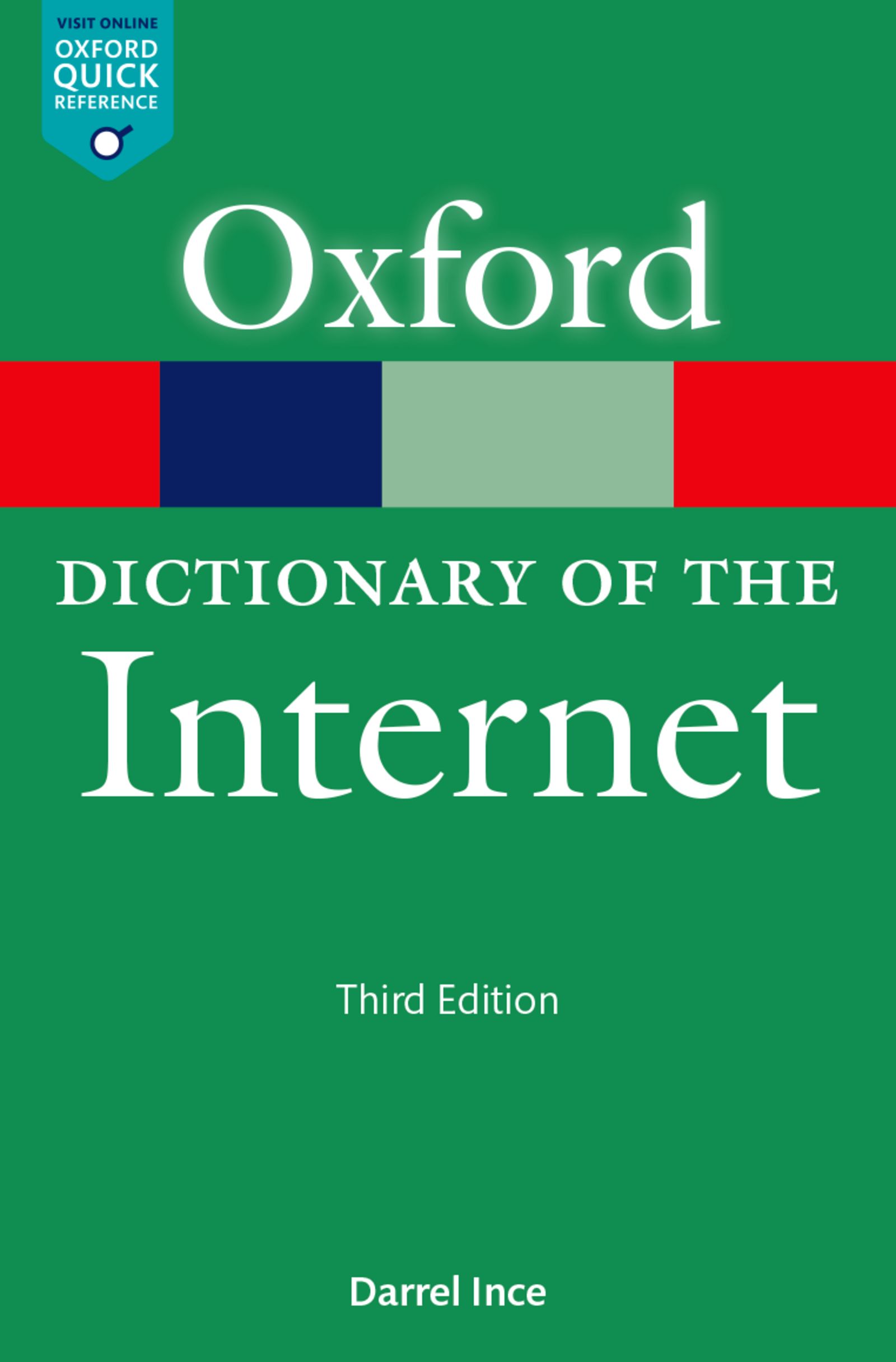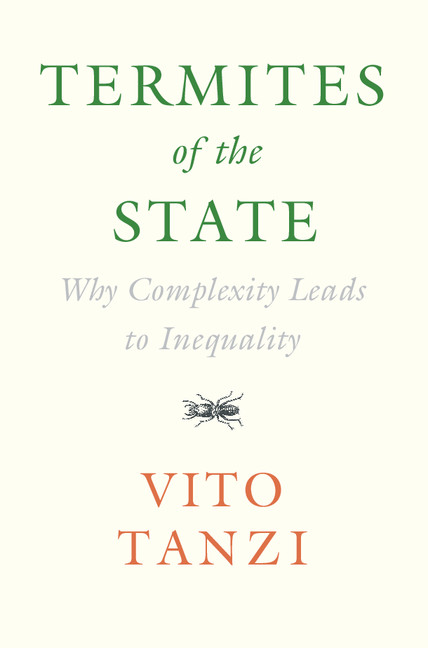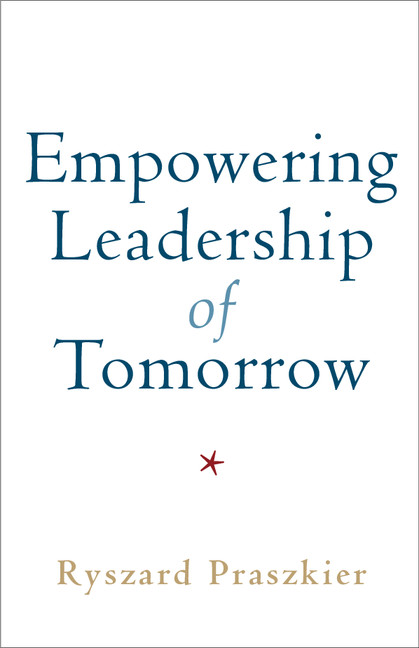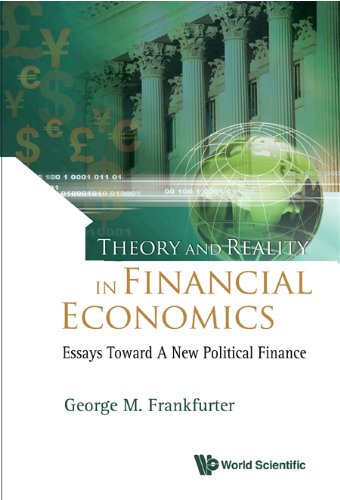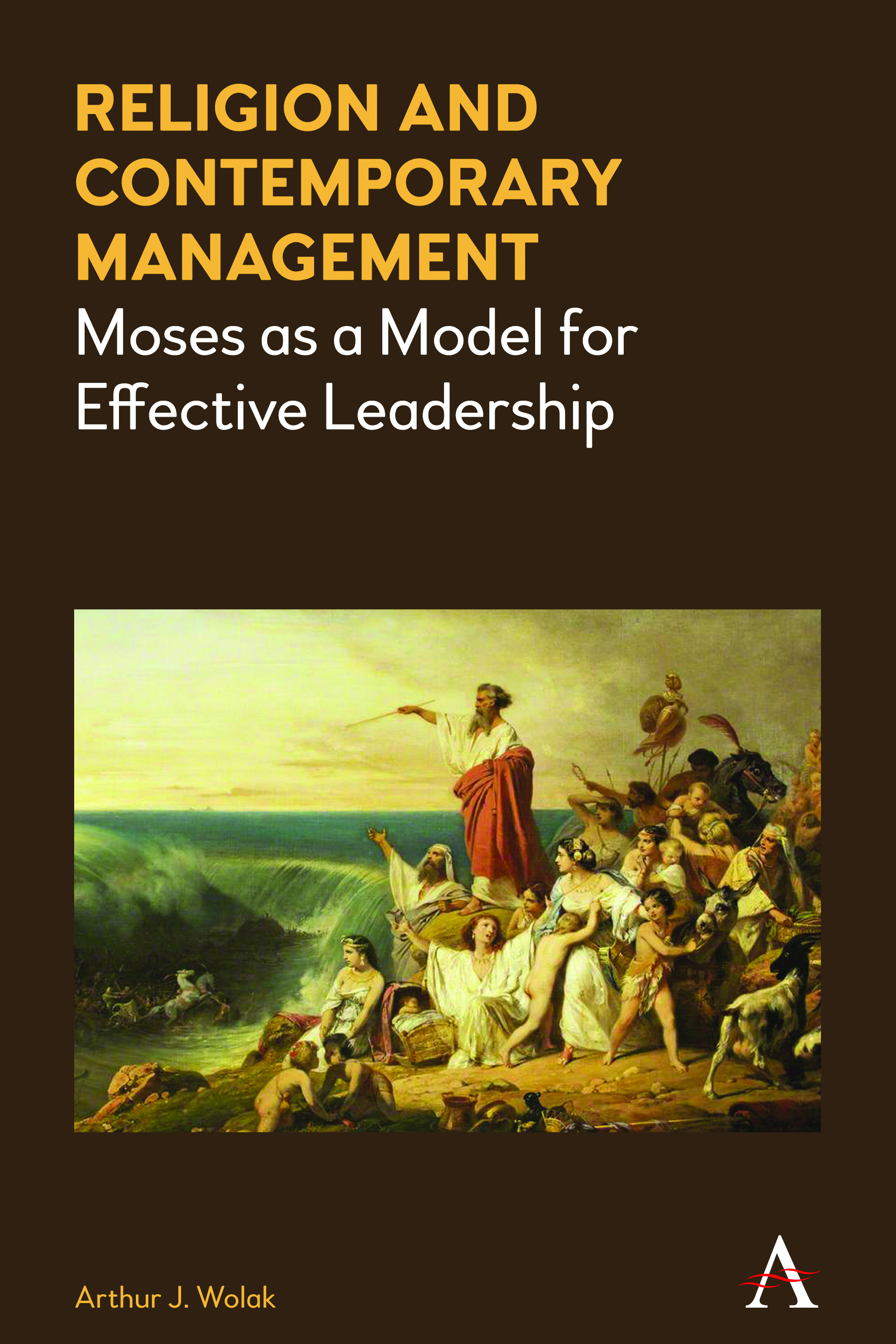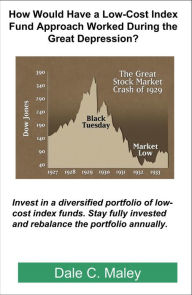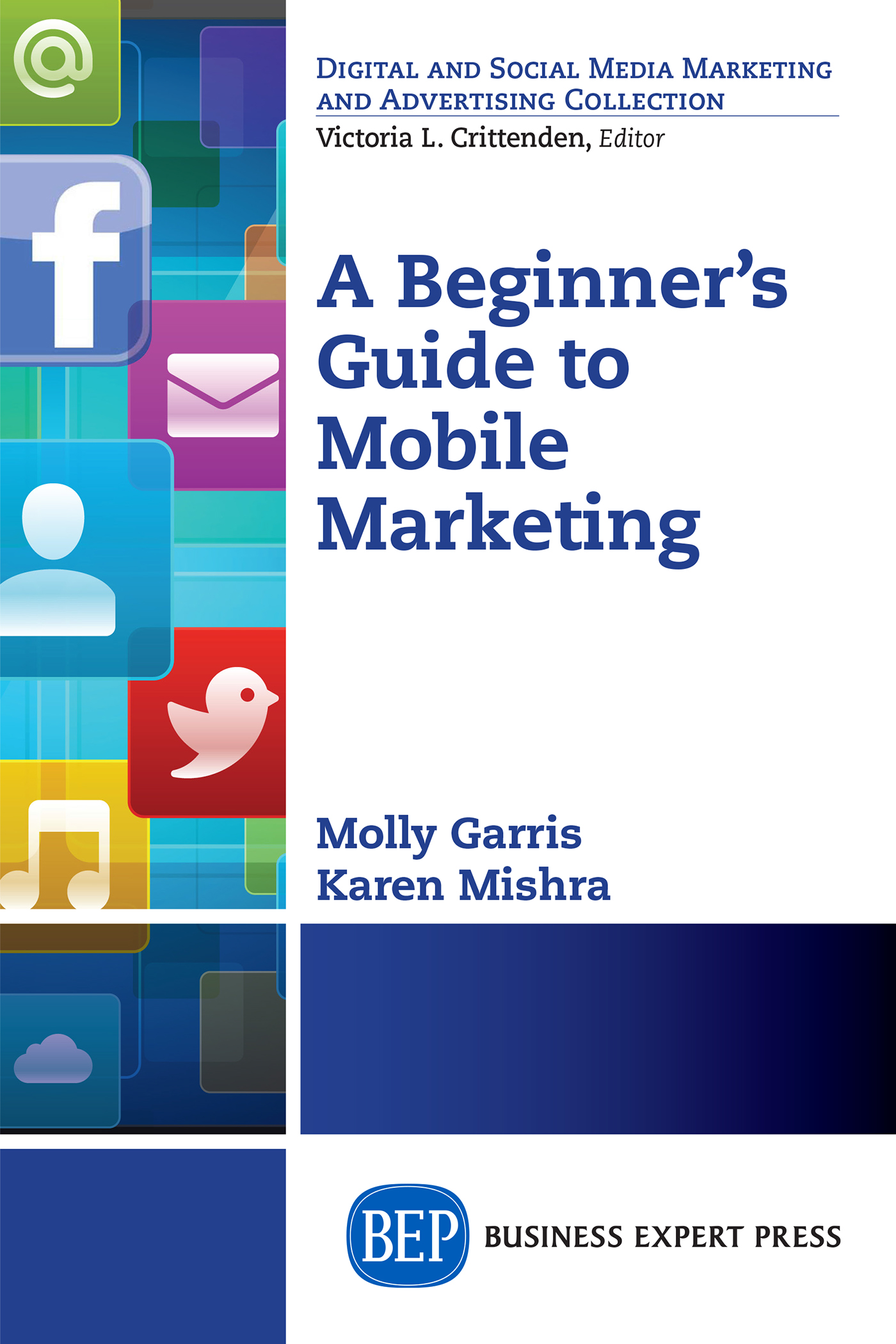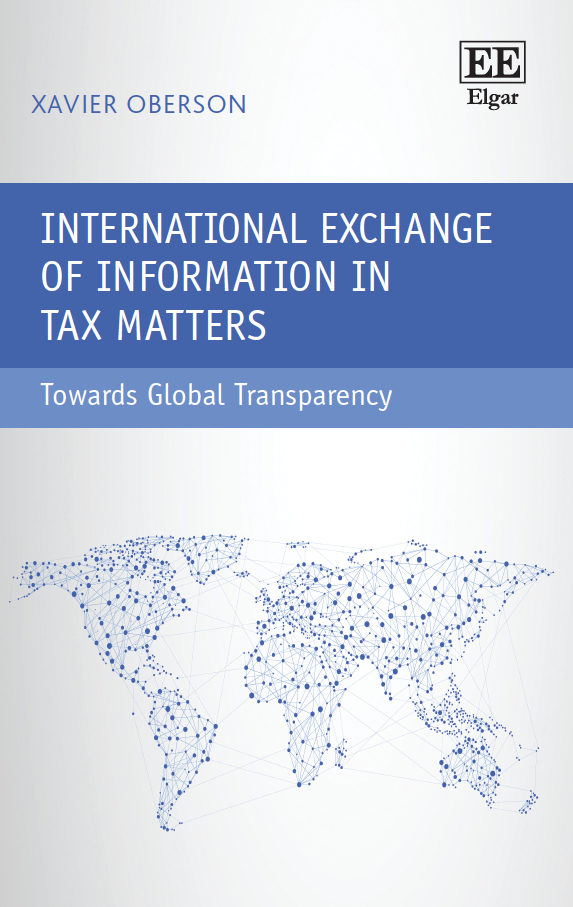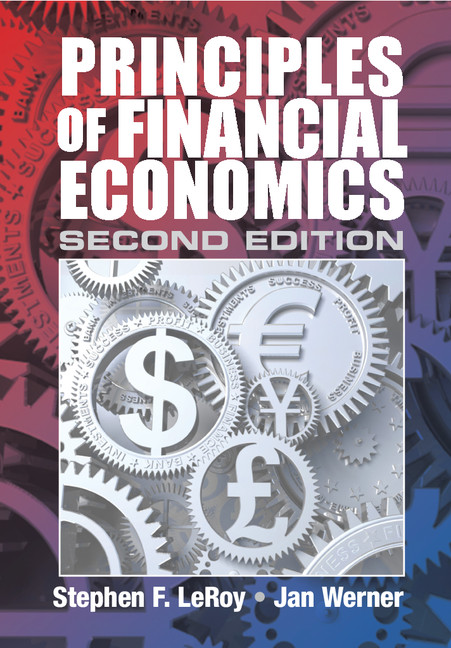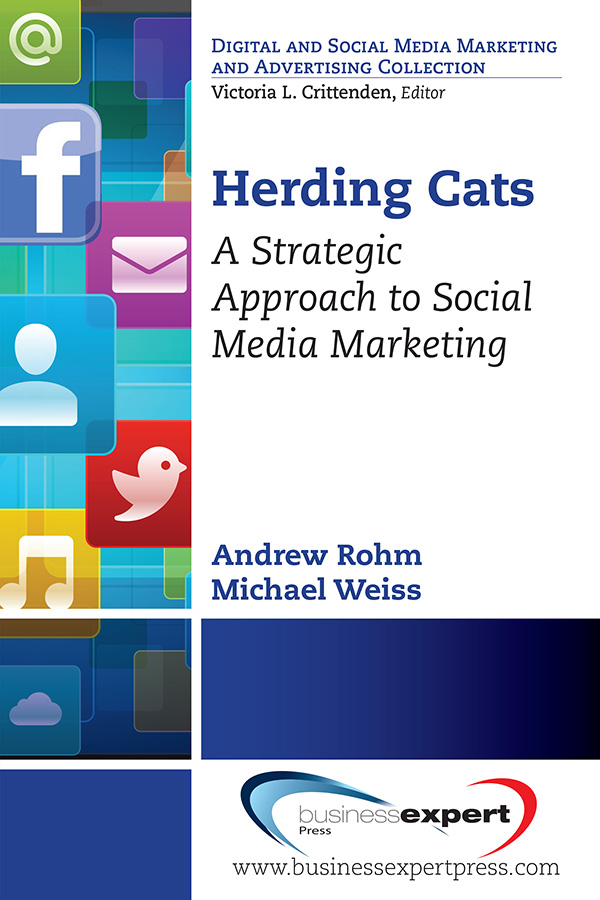Dictionary of Economics, Business, Finance and Marketing Volume 3
Dictionary of Economics, Business, Finance and Marketing Volume 3
Economics is the social science that analyzes the production, distribution, and consumption of goods and services. A focus of the subject is how economic agents behave or interact and how economies work. Consistent with this, a primary textbook disti...
Read more
Economics is the social science that analyzes the production, distribution, and consumption of goods and services. A focus of the subject is how economic agents behave or interact and how economies work. Consistent with this, a primary textbook distinction is between microeconomics and macroeconomics. Microeconomics examines the behaviour of basic elements in the economy, including individual agents (such as households and firms or as buyers and sellers) and markets, and their interactions. Macroeconomics analyzes the entire economy and issues affecting it, including unemployment, inflation, economic growth, and monetary and fiscal policy. The etymology of “business” relates to the state of being busy either as an individual or society as a whole, doing commercially viable and profitable work. The term “business” has at least three usages, depending on the scope — the singular usage to mean a particular organization; the generalized usage to refer to a particular market sector, “the music business” and compound forms such as agribusiness; and the broadest meaning, which encompasses all activity by the community of suppliers of goods and services. Finance is the study of how investors allocate their assets over time under conditions of certainty and uncertainty. A key point in finance, which affects decisions, is the time value of money, which states that a unit of currency today is worth more than the same unit of currency tomorrow. Marketing is ”the activity, set of institutions, and processes for creating, communicating, delivering, and exchanging offerings that have value for customers, clients, partners, and society at large.” For business to consumer marketing, it is “the process by which companies create value for customers and build strong customer relationships, in order to capture value from customers in return”. The dictionary provides readers with of some of the basic principles of this subject.
Less





